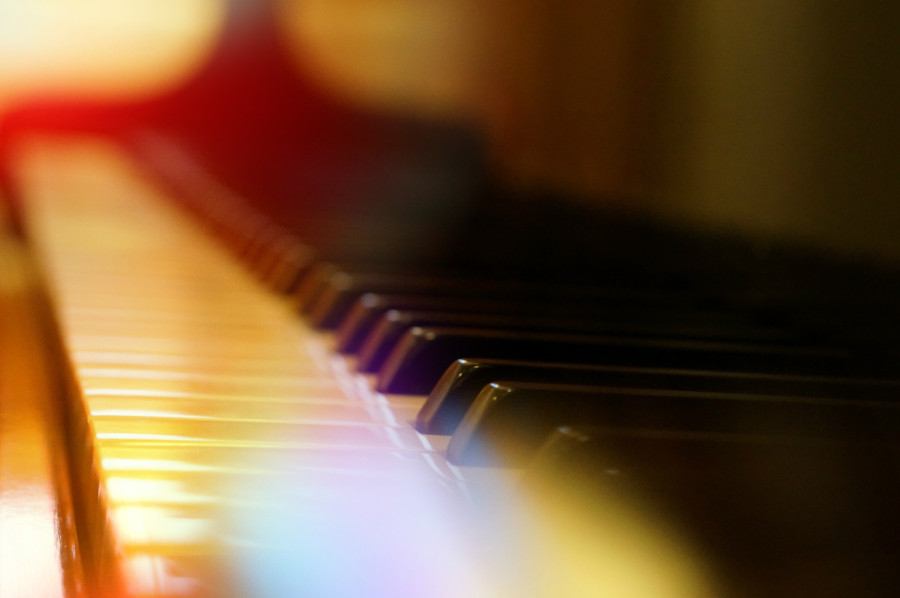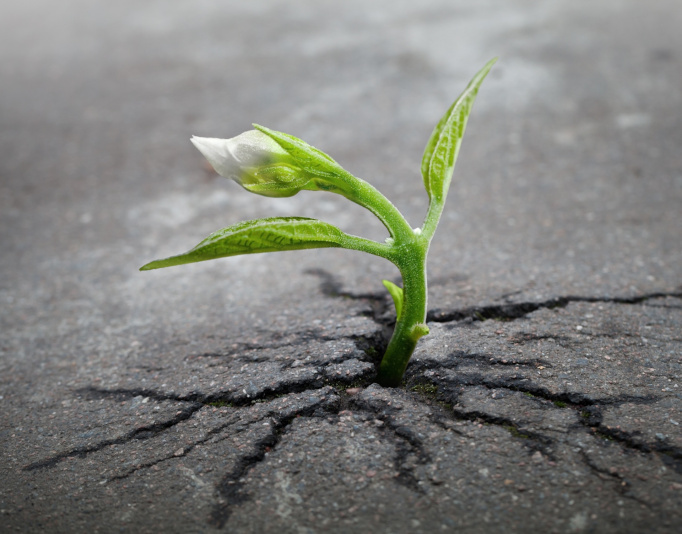“The notes I handle no better than many pianists. But the pauses between the notes – ah, that is where the art resides.” – Artur Schnabel
Artur Schnabel, along with many other great classical music composers, are known to have said that the most powerful effect of music was a moment of silence skillfully placed between notes, better known as “the grand pause”. Besides keeping a harmony between the musical notes, the grand pause captured the listener’s complete attention and anticipate what will come next. It’s this moment of silence, with no music at all, that the listener experienced a deep connection with the music and their emotions.
It’s interesting how what these great composers had come to know with music, is also true in our lives and has the same powerful effect in transforming the quality of our life.
In today’s fast paced world, most of us seem to be rushing through our work and personal life faster and more frenetic from one activity or event to the next. So much so, that when we hear about taking a grand pause between life events, it makes us cringe. We dismiss it as a sign of weakness and laziness.
Sadly, hurrying from one thing to another, has become the acceptable norm of today’s modern life, giving us the illusion of productivity, high performance and success. We convinced ourselves that these traits are necessary to live a life of purpose and will sustain our security and happiness for the future.
In reality, this rushed state blinds us to the fact that we place ourselves in a state of competition and comparison with others which breeds anxiety, worry, frustration, anger and hate. Many of us have come to know only one mode of responding to our life situations and interactions with others: the reactive mode.
When our mind is busy and constantly preoccupied, we are easily prone to the tendency of acting or reacting impulsively, without considering the consequences.
Just as beauty lies in the stillness between the notes in music, the most beautiful, precious moments in life, happen when we take a grand pause and allow our mind to be still to be present in each moment.
In my own experiences, every time I reacted in the heat of the moment, it caused more harm than good and left me regretting it. There is not one event where I’ve regretted taking a grand pause instead of reacting. Each one brought about an effective response that left me with a peaceful state of being, happiness and fulfillment.
The Value of The Grand Pause
I know that when we are caught up with trying to do it all. It feels like we have no time for a grand pause. One way to see the value in doing so, is to look at your experiences and observe the movement of the decisions and actions you’ve taken, and the results they’ve brought into your life. If you look closely, you’ll probably notice that your most effective ones happened when you took a breather to be fully attentive and present in that moment. And, if you look closer, you’ll probably notice that when you reacted out of anxiety, anger or frustration, they probably brought more havoc in your life.
I learned that the value of investing in the grand pause can save you from days, weeks, months and years of anguish and misery. Sometimes, just a matter of investing five seconds and taking a few deep breaths, can stop you from doing something that can have harmful consequences. Those few seconds can prevent a destruction at your work, in your personal relationships and in the overall quality of your life. Having to rebuild it all is so much more time consuming than taking a five second breather.
The grand pause is not a sign of weakness or laziness, but a sign of great strength and intelligence. It takes a solid inner foundation to do nothing in certain situations and listen between the notes of the endless stories we fabricate in our minds, before taking an impulsive action. It may require a longer moment of doing nothing, but it’s so much more worth investing in the grand pause than rushing with a reaction and having to deal with the consequences.
You see, the more you practice the grand pause, the more you connect with your emotions and not let them control you. You see the full true picture of the situation, instead of through a screen of anger, frustration, worry and so on. It brings about a space to reflect on your inner abilities and focus on strengthening them, instead of keeping them dormant deep inside.
You get in touch with your inner wisdom—the most powerful tool you have.
Of course, you will continue to face challenges and must overcome them. It’s all part of the constant movement of life. You’ll still make mistakes, but they will not be destructive. It’s in moments of stillness between facing life’s challenges and experiencing life’s joys, that every moment of the process becomes a learning experience to continue growing with a purpose, instead of trying to rush through it to get to a destination. It’s in this stillness that you experience the beauty of living, instead of merely existing.
Practicing the Grand Pause
Start with little, simple moments that irritate or annoy you on a daily basis. Try bringing your attention to your emotions as they arise. Then, try practicing the grand pause by taking five deep breaths. You can do this while waiting in line at a check-out counter, when someone cuts off in traffic, when your child disobeys you, with your partner, co-workers, friends and so on.
If you practice with small things and slowly change your impulsive reactions to effective responses, you’ll do the same when faced with bigger life situations. The more you practice the grand pause, you gradually will begin to reap from its benefits. If you observe closely, you’ll notice that the way you do one thing, you do all things.
Practicing the grand pause opens our eyes to how much time is wasted on meaningless things and how much time is wasted on creating meaningless stories about others or creating meaningless problems from life situations. When we see this, we free ourselves from the prison of our mind and understand the meaning in all the events that took place in our life. From that understanding, we stop blaming the outside world and start taking responsibility for our lives with a clarity on knowing our own answers to any given situation. Most of all, it liberates us from living a meaningless life and transforms it to living a fulfilled life with purpose.






